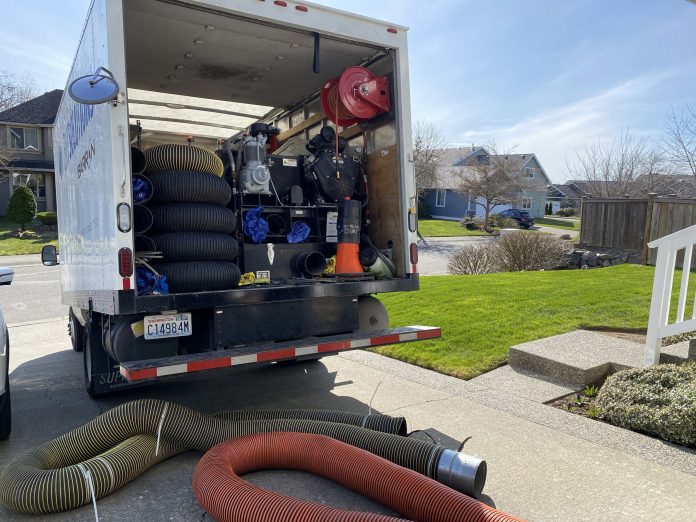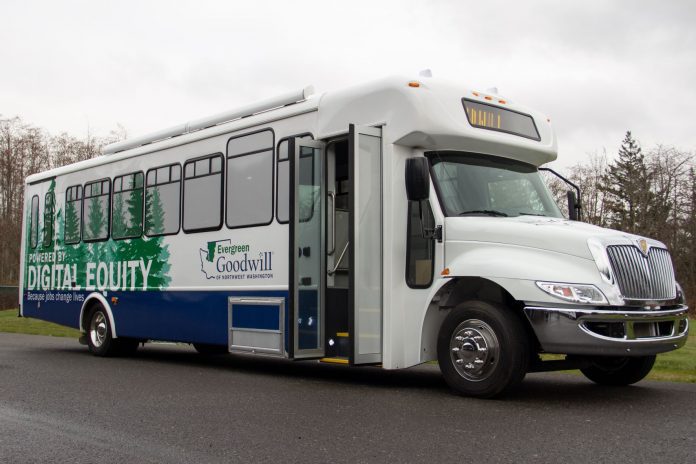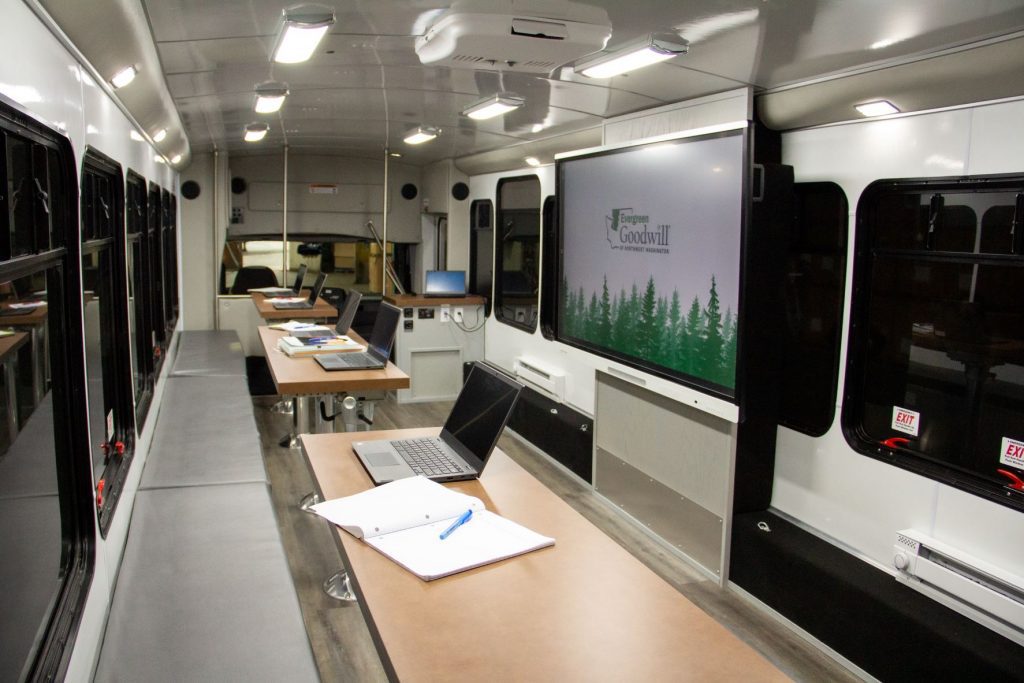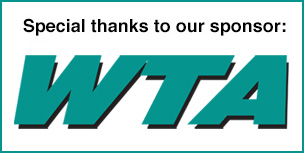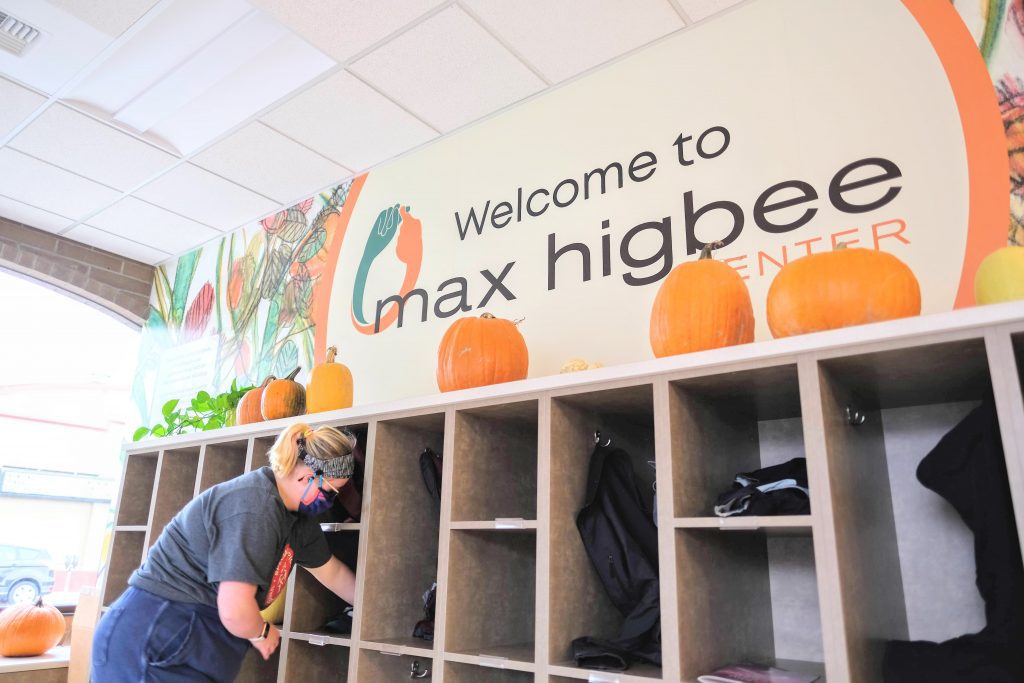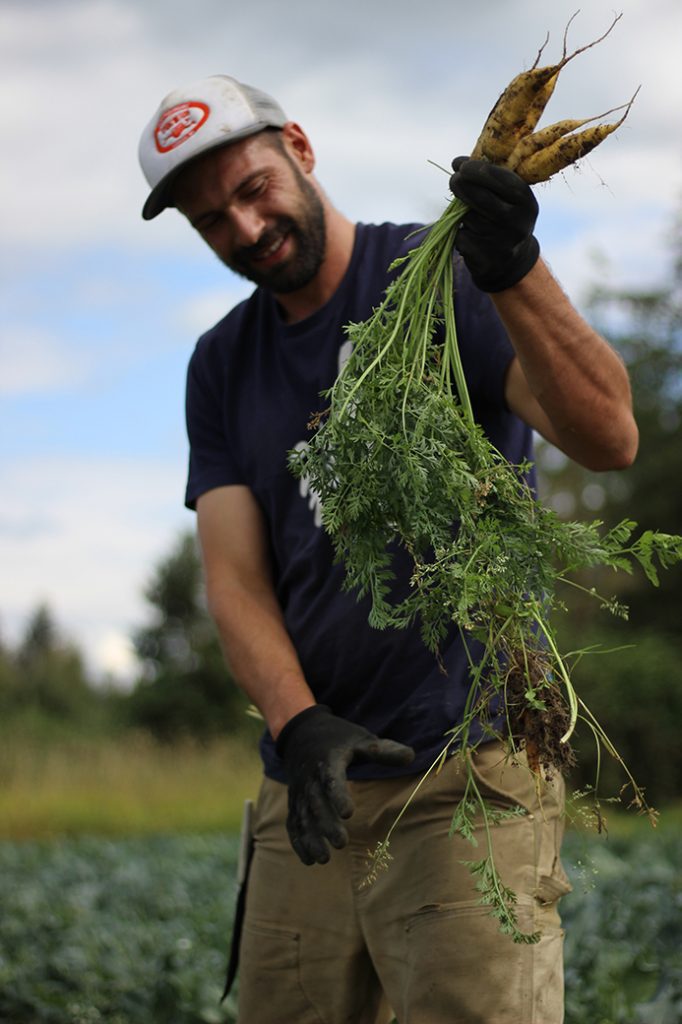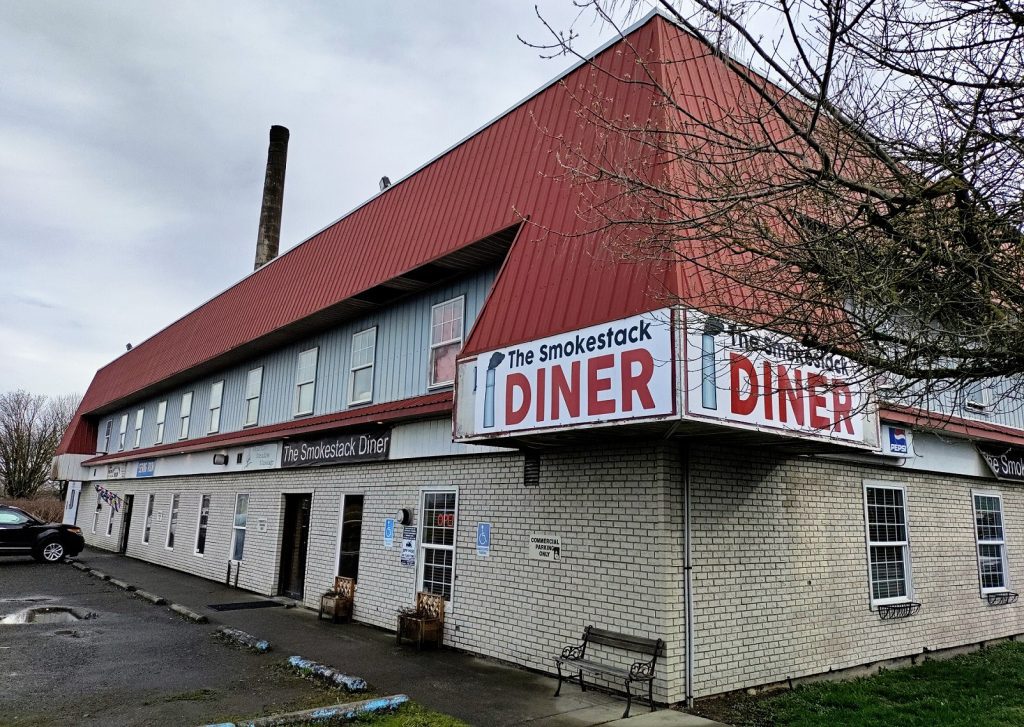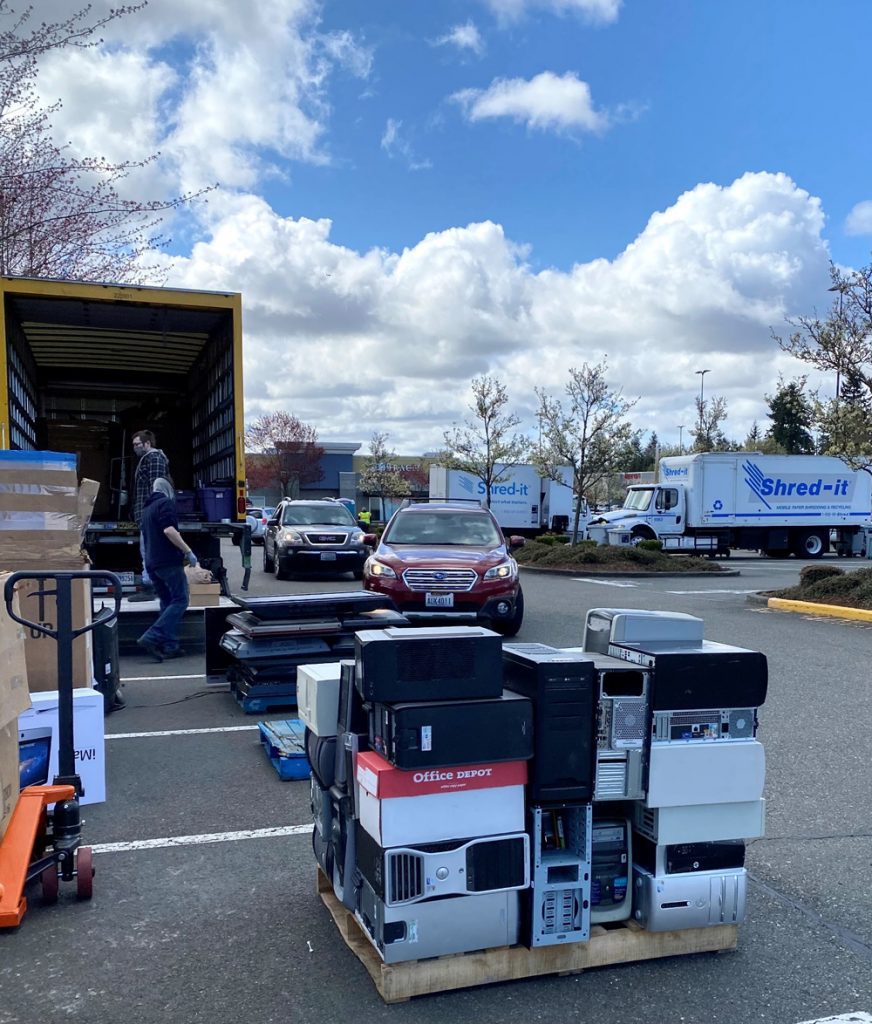Submitted by Barron Heating & Air Conditioning
Ahhh the sun…how we’ve missed you! But as its brightness and warmth are shining through your window, it’s hard not to notice the dust that’s floating through the air. If you’re anything like us, our clocks have sprung us forward into full spring-cleaning mode. Steaming floors, rotating mattresses, cleaning ceiling fan blades (not necessarily in that order!)…there’s so much to be done to make your indoor air fresh and clean for the new season. But while you may be hard at work checking off that to-do list, there’s a large and often neglected area that’s much harder to reach: your ducts.

From dust to dander and animal waste, your air ducts hide a slew of contaminants that can lead to poor indoor air quality. Even the tiniest leaks can draw in air from crawl spaces, attics, and walls, carrying dirt, chemicals, construction debris, rodent urine, mold, and germs—all of which are pulled into your HVAC system and recirculated five to seven times a day (nadca.com). Yuck! But don’t even think about sticking a vacuum in your heat registers. A professional duct cleaning is a must for ultimate cleaning and quality indoor air. Certified by the National Air Duct Cleaning Association (NADCA), our Barron Air Solutions Team uses full-truck vacuums that are 600% more powerful than your typical shop vac. Combined with a dual-compressor system—the most robust cleaning process available today—a professional duct cleaning is key to demolishing that filth that’s lurking within.

Clean ducts need clean filters, and spring is the perfect time to swap them out (we recommend twice per year at a minimum!). Filters come in a variety of styles and levels, so be sure to use a good quality pleated version. Look for one with a minimum efficiency reporting value (MERV) of 9 or higher—this will trap at least 85% of air particles that cause irritations like allergies and asthma, especially if it’s changed often. A 5-in-1 HEPA bypass filter has the highest level of particle capture of any filter system, capturing 99.7% of particulate 0.3 microns or larger, proving to be a great match for most airborne matter. But before making the switch, it’s important to check with a professional. Higher MERV rated filters, while effective in improving air quality, can significantly increase the static pressure of your duct system if it isn’t equipped to accommodate one. Much like blood pressure in the body, static pressure that is too high can ultimately cause equipment failure (let this be your warning!).
Ready to take your cleaning to the next level? Once those ducts and filters are clean, duct sealing ensures that contaminants stay out for good. 95% of homes have leaky ducts of some kind (aeroseal.com), meaning air is not only being pulled into your home from the dirtiest areas—crawlspaces, attics, and walls—but up to 40% of your paid-for heated or cooled air can escape. Aeroseal® is the industry’s most effective method for sealing entire duct systems, plugging otherwise unreachable leaks with its patented non-toxic, water-based aerosol adhesive.

Looking for more? Our Ultimate Indoor Air Quality Upgrade is an all-in-one package that can equip your space with the best indoor air quality solutions. But if it’s your water that’s needing a spring cleaning, we do that too! Water quality has an often-underappreciated impact on your health and home, with a wide range of bacteria and pollutants that can contaminate your supply. From hard water minerals to viruses, chemicals, and chlorine, dissolved matter in your water can damage your home’s appliances and piping, irritate your skin and hair, affect water odor and taste, or even make you sick. But fear not! The Barron Plumbing team of experts can help you find the best solution for the water in your home.
Whether it’s dust, allergens, or hard water that’s got you down, the WholeHome™ solutions at Barron Heating AC Electrical & Plumbing will raise the bar on your spring cleaning. With proper cleaning, filtration, and duct sealing, a visit from our Air Solutions Team can be just the ticket for quality indoor air. We’re now offering $100 off air duct cleaning, $300 off Aeroseal® duct sealing, or $500 off both cleaning and sealing! And if clean water’s what you’re after, get up to $400 in combined savings with a series of water treatment systems with Barron Plumbing. That includes $50 off a sediment and carbon filter cartridge set, $100 off a UV anti-bacteria system, and/or $200 off a point-of-entry water conditioning and treatment system. Specials are available for a limited time, so give us a call today! As your Pacific Northwest home and building performance experts since 1972, we stand by Our Mission: Improving Lives™.





























